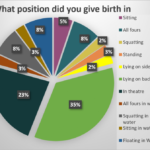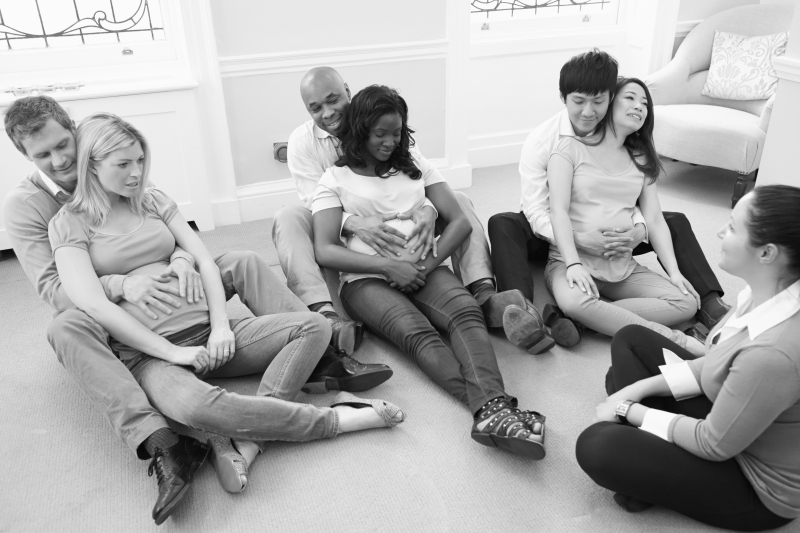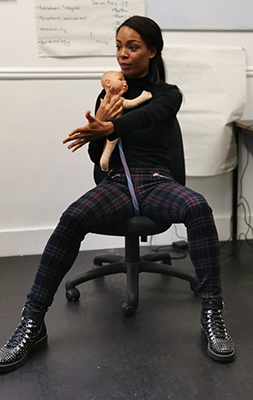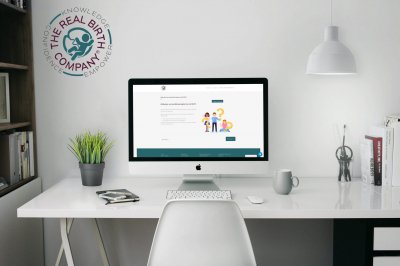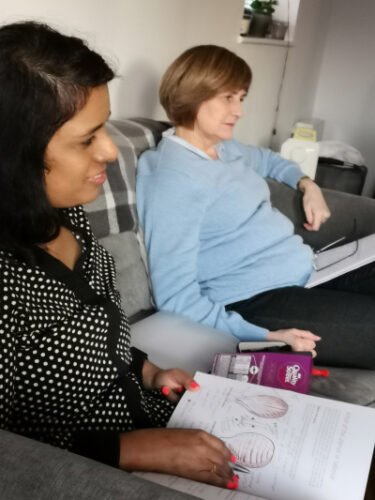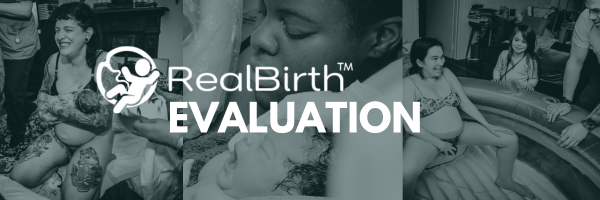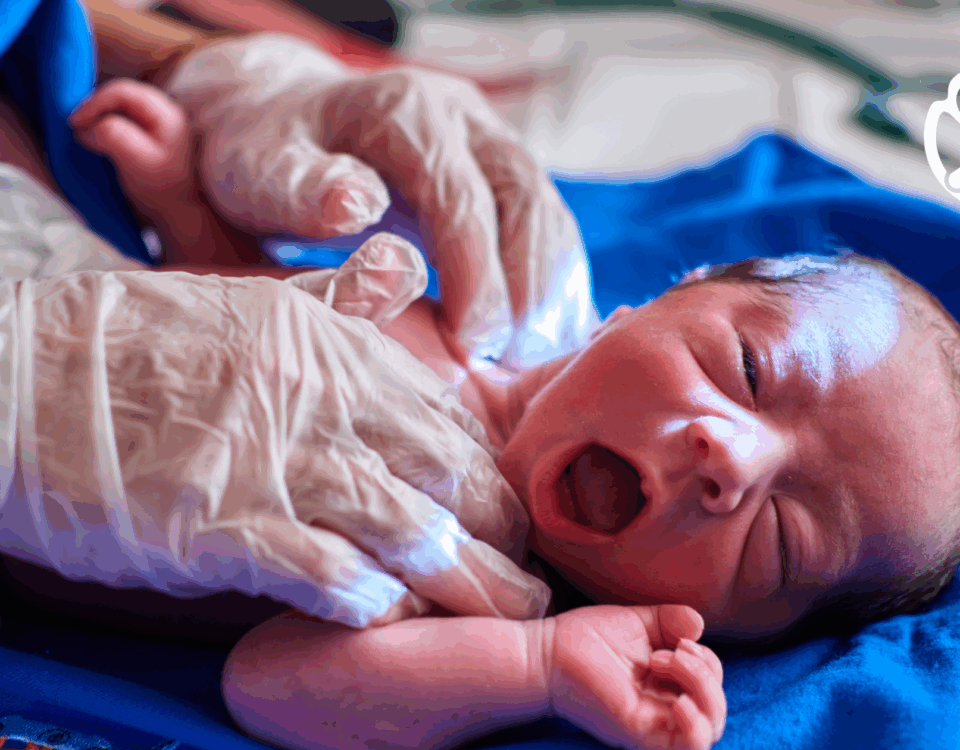To paraphrase (or perhaps, with apologies, to butcher) Jane Austin, “It is a truth universally acknowledged, that a woman or person who is pregnant, must be in want of antenatal education”. Antenatal education in one form or another is part of almost every pregnant woman or person’s pregnancy journey, together with their partner if they have one. And yet, we know that all antenatal education is not created equal. NHS provision in many areas has often had a focus on preparing women and people for the needs of the institution, even as attempts to improve personalised care elsewhere in maternity have increased.
Some sessions have become a place to discuss the hospital policies or procedures. Others have been adopted by a willing midwife who has been passed a bag full of items to pull out and discuss, which in principle may seem ok until out comes a item of surprise that needs to be discussed delicately, like an amnihook or salad server…
There have been many outstanding midwives creating change and offering excellence against the flow of NHS pressures, but, in some areas, the institutional burdens have meant that antenatal education has been reduced to an app or online video, with no individualised content possible. During Covid-19, NHS antenatal education provision has suffered still further.
In response, some hospitals have created new videos and used external apps as ways to try to reach out to pregnant women. Again, on the surface this seems to be a great response to the pandemic; and it is, but it also has another side. A side that inadvertently deepens the frustration and fear that pregnant women and people face when planning their births.

